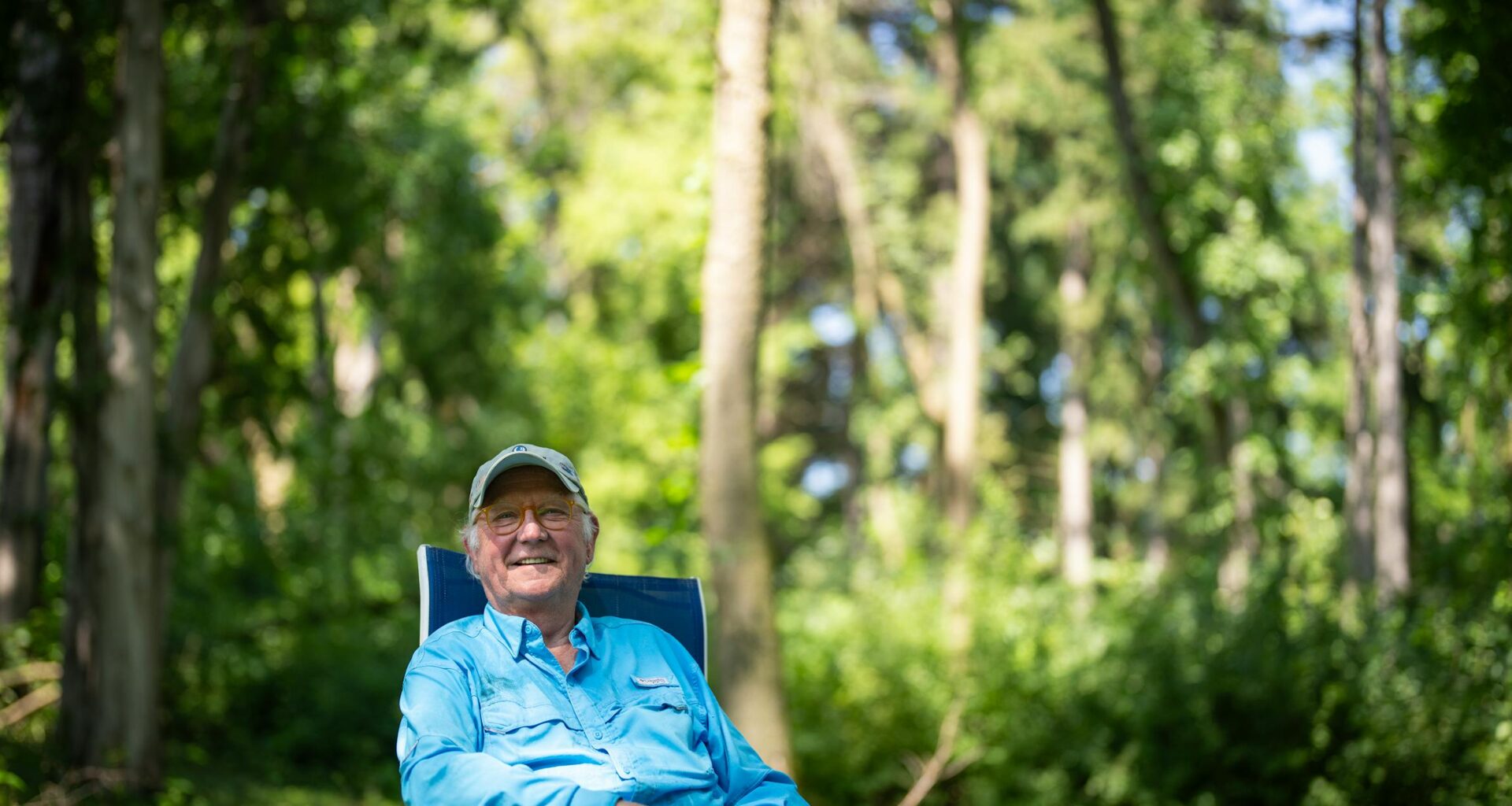The truth is, it does count. The smallest thing you do that contributes to the longevity of life and the balance of nature is an incredible contribution and should not be discounted. But you have to have the humility that you are just a tiny, tiny speck doing a tiny, tiny, tiny amount of work. But you are doing the work, and so when all is said and done, at least you can say, “I tried. I did not throw up my hands.”
Q: What was your best day outside? What was your worst?
A: Well, they’re the same. It was on a solo winter [camping trip] in the Boundary Waters. And I had done a lot of winter camps and I had taught in the [military] service, Arctic survival.
I just went in for three days. What I didn’t know: It was going to be the record low temperature in the history of the Boundary Waters. That’s the worst thing that could possibly happen. Because you have to be very, very prepared and have some skill at keeping your body from freezing. In conditions like that, that was the scariest time, and because I was by myself and made it, it was the best time.
Q: What made that experience one of the best times for you?
A: So the answer to your question is it was the best time, because there was no one there to help me. It had to be [my] wits and courage and the bottom line was, at the end of it, I drove home and I was fine and that’s what made it the best time.
